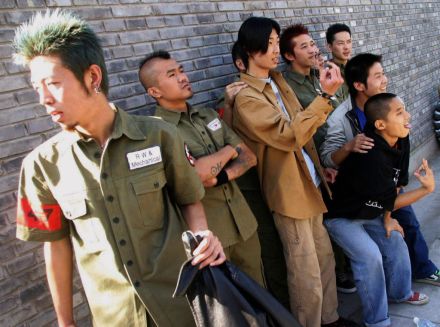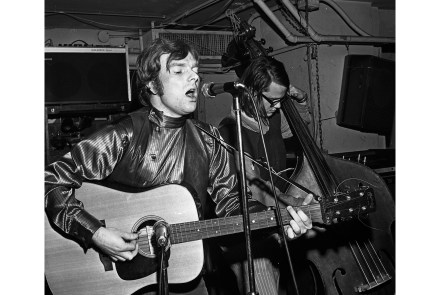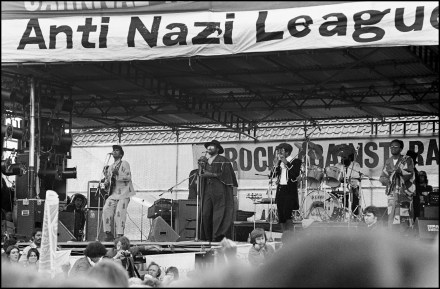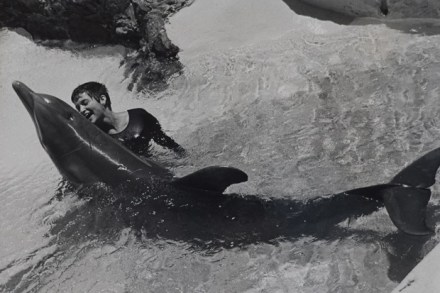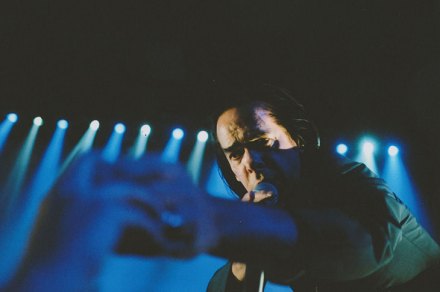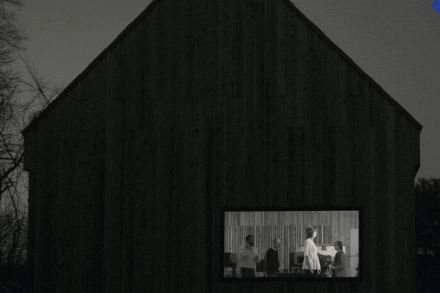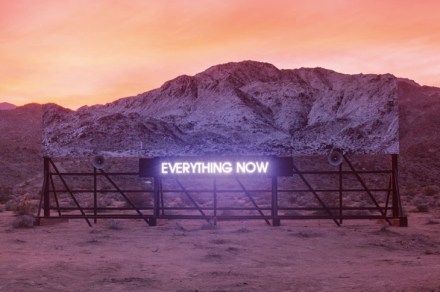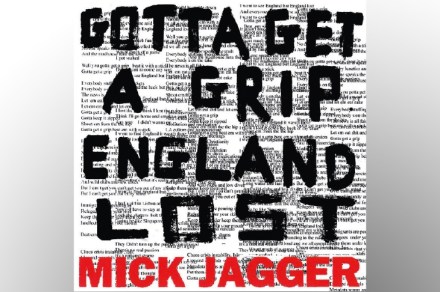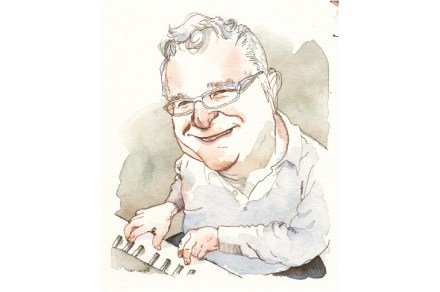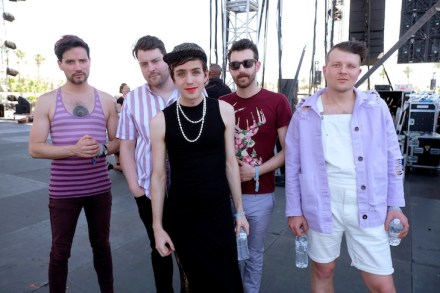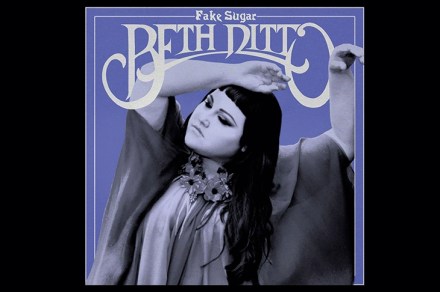Tiananmen and the Tang: the rise of rock in China
35 min listen
Every protest needs an anthem, and for the 1989 Tiananmen Square protests, ‘Nothing to My Name’ by Cui Jian became that emblem. Cui was one of China’s earliest rockers, taking inspiration from the peasant music of China’s northwest and fusing it with the rock ‘n’ roll that was beginning to arrive in the country. It put rock music – and the Chinese interpretation of it – under the national spotlight. On this episode I talk to Kaiser Kuo, host of the China Project’s Sinica podcast, who also happens to be a founding member of Tang Dynasty, one of China’s earliest and greatest rock bands. We talk about how a China
